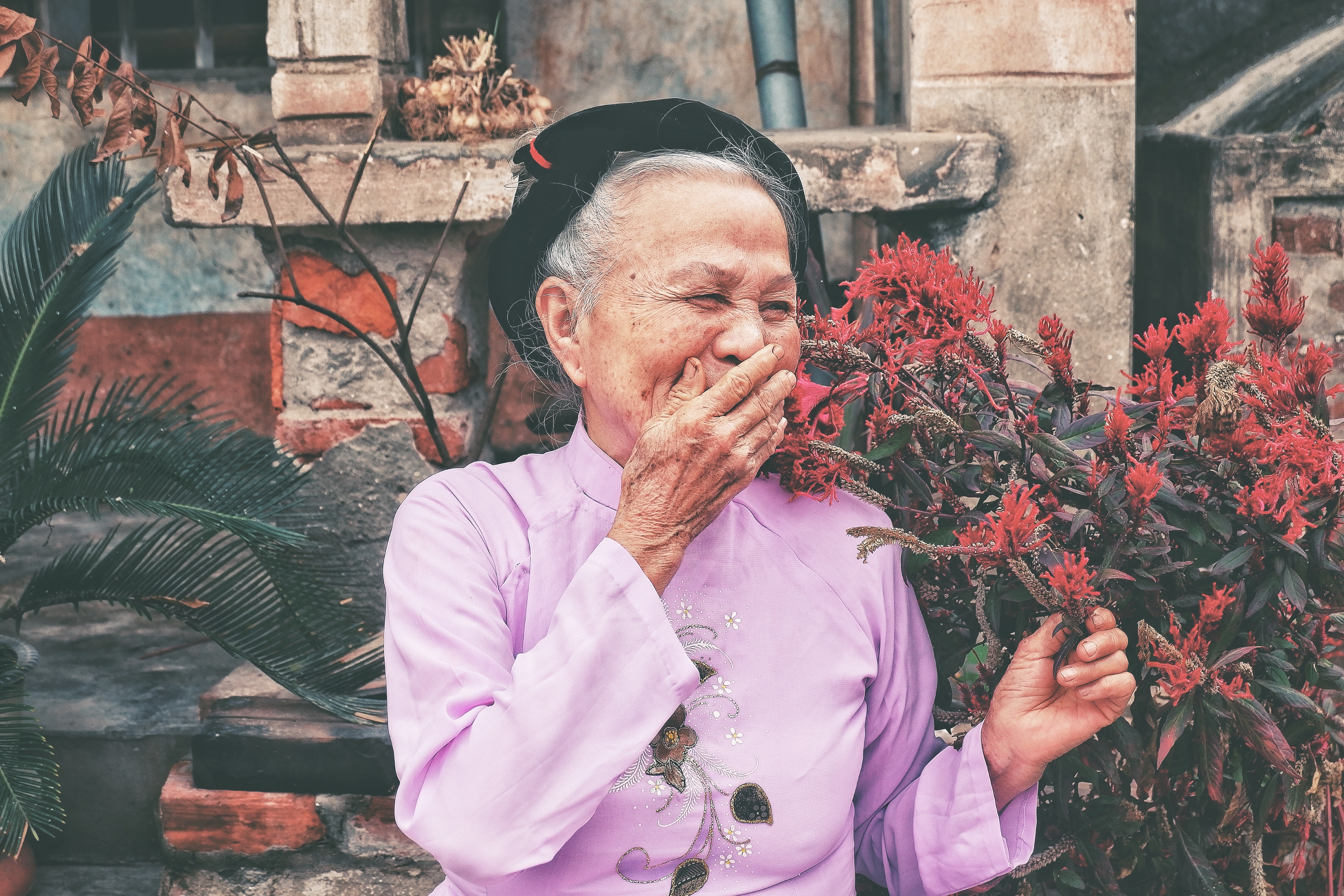We’ve always been told that “money does not make you happy.” Apparently it does, but only to a certain extent.
There have been studies linking happiness to level of income across countries and on an individual basis. The conclusion? Money can make people happy, especially those who are financially struggling. This makes sense. After all, if you have problems paying your electric bills or don’t have cash for medical expenses, you’ll be quite miserable.
But at a particular income level, when you have “enough,” incremental happiness diminishes. That means after you reach that income level, more money does not make you proportionately happier. If you remember your Economics 101 class, that’s called “the law of diminishing returns.”
Do you remember the time you started to pig out at a buffet? You feel so happy and excited the first plate, even the second plate. But on the third plate, it’s not so fun anymore. It’s the same thing with money and happiness.
So what is the magic number (the cutoff in annual income, so to speak) at which happiness is optimal? Well, the studies differ.
A Princeton University study says $75,000 (approx. P3,000,000). On the other hand, a Marist Institute for Public Opinion poll reveals its $50,000 (approx. P2,000,000). But these two surveys cover only US citizens.
A universal representative is the Erasmus University Rotterdam research of Professor Ruut Veenhoven, who analyzed data on self-reported happiness from the World Database of Happiness covering 93 nations (including the Philippines) over 50 years.
His findings: sure, the dirt poor are not happy, and they get a big boost happiness when their income grows. And yes, the richer the country, the happier are its citizens. However, Prof. Veenhoven explains:
When the $20,000 point is passed, the regression line is almost flat, which suggest that the law of diminishing returns applies. A similar pattern has been observed at the individual level: correlations between personal happiness and personal income are strong in poor countries and weak in rich nations.
So $20,000 (approx. P800,000) is the cutoff, the magic number, the tipping point. That’s about P66,000 a month, which falls within the lower range of the middle class (defined in the Philippines as those earning between P25,000 to P200,000 a month). To be considered rich in the Philippines, you need to earn at least P200,000 a month.
If we are to believe the study, if you earn P25,000 a month, getting a salary increase to P66,000 a month, you will get very happy. But if you already make P200,000 a month, you’re not that much happier as someone earning P66,000.
Photo by Huyen Nguyen on Unsplash
